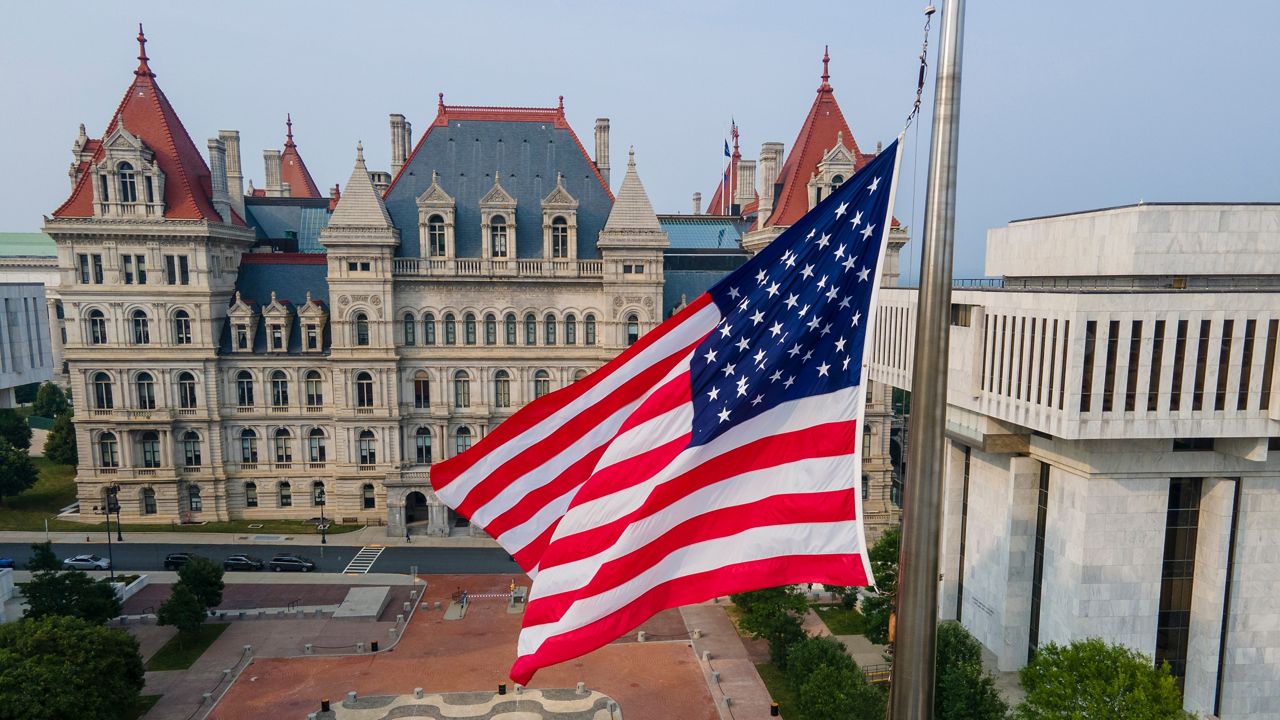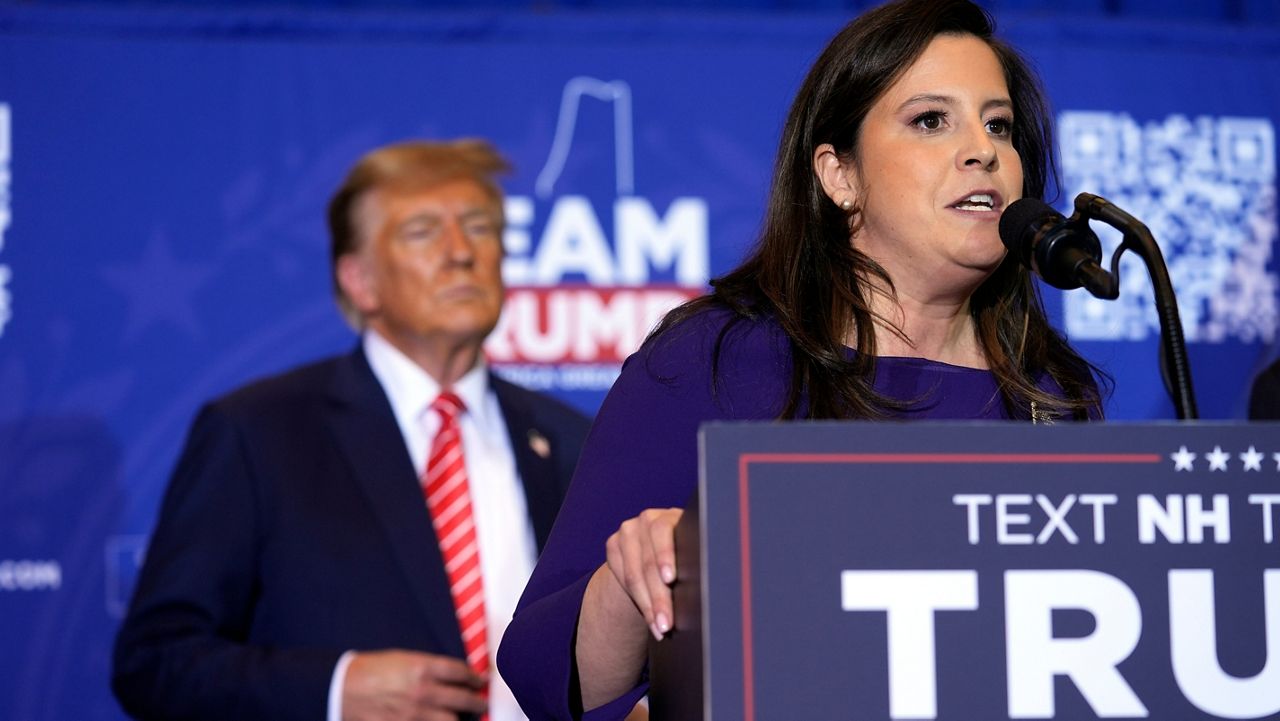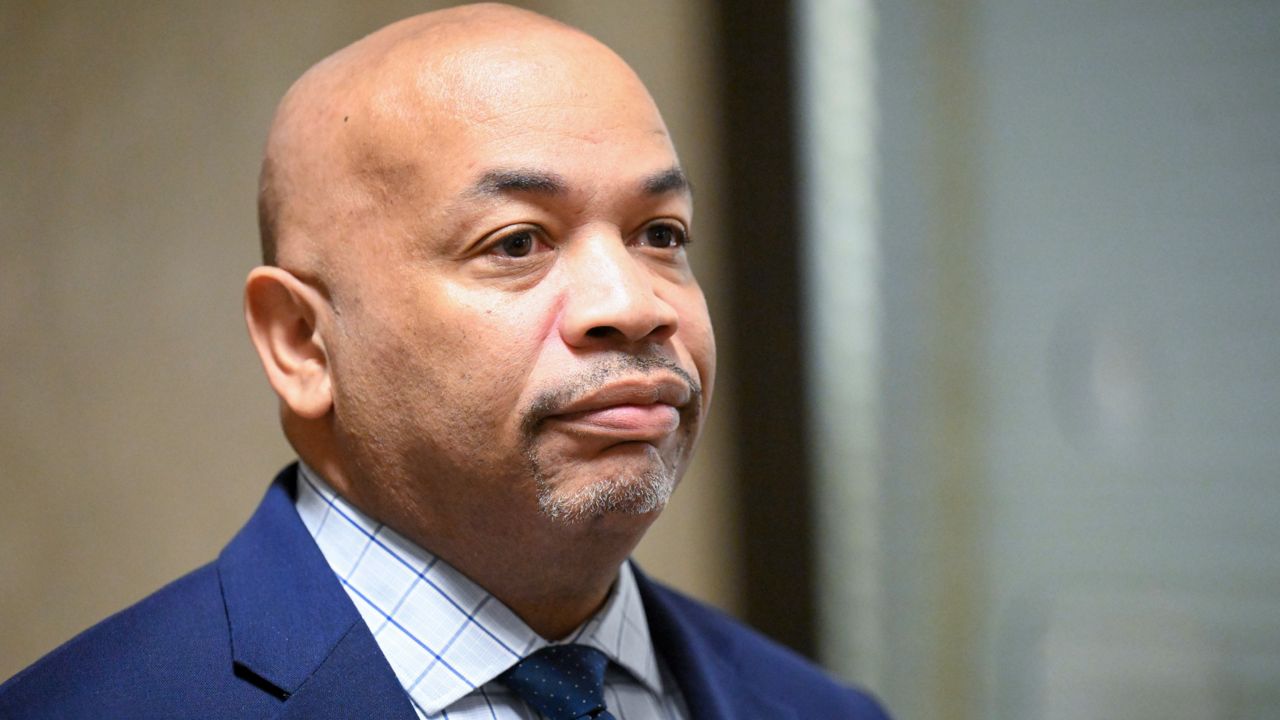For years, criminal justice advocates have called for a measure to seal many criminal records in New York in order to help formerly convicted people find employment.
But the legislation has stalled in the state Assembly, which despite its large Democratic majority and recent track record of making progressive-backed changes to criminal justice laws, has not taken up the provision known as the Clean Slate Act for a vote.
Assembly Speaker Carl Heastie on Tursday suggested that could change as soon as June.
"We definitely consider clean slate before the end of session," Heastie said.
The bill has gained the support of business leaders across the state, from major utilities and corporations to the New York State Business Council.
Opponents have questioned whether sealing the records of criminal convictions after a number of years would be safe for workplaces and fly in the face of voters' broader concerns over crime in the last year.
Supporters have contended it will help reduce recidivism and bolster a workforce that continues to remain tight in the wake of the pandemic.
"It helps public safety," Heastie said. "It helps deal with the issues of a workforce. So I think there’s more understanding now of the benefits of Clean Slate."
Assemblymember Catalina Cruz, the Democratic sponsor of the measure, has boiled the argument for it down to two issues: Practical concerns over the labor pool and the moral question for New Yorkers deserving a second chance.
"If we land in a place where we can seal their record in a way that allows them to work, we’re looking at an increase in the workforce by the millions and it could change our economy over night," Cruz said. "Who can argue against giving someone a second chance when they’ve paid their dues and then some to society?"
The session is scheduled to conclude on June 8, and legislators are unlikely to remain in Albany after that date — giving supporters just over a month to get an agreement.
“With less than six weeks until the end of New York’s legislative session, now is the time to pass the Clean Slate Act," said the Clean Slate Coalition, a collection of organizations backing the proposal. "This historic legislation would end the perpetual punishment that over 2 million New Yorkers face due to a prior conviction. With overwhelming support across the state, including recently from National Grid and Con Edison, now is the time to break cycles of intergenerational poverty and allow all New Yorkers to support themselves and their families. Clean Slate will bring relief to New Yorkers who have been excluded from economic opportunity, stable housing, and higher education for too long and we urge the Assembly and Senate to pass Clean Slate now.”
But Republicans, including Assembly Minority Leader Will Barclay, have been critical of proposals to seal criminal records and worry about how far it could go.
"I think it’s a very dangerous proposal, because there are some jobs out there that you want to know some peoples’ backgrounds," he said.
Polls have shown voters with overriding concerns surrounding crime and public safety. The measure is being considered as lawmakers and Hochul have agreed to make further changes to New York's controversial bail law that has been a focal point in the debate over public safety.
The bail law change is meant to expand the circumstances in which judges could set bail for serious criminal charges. Supporters of the original 2019 law have argued it's a rolling back of a key progressive victory.
Republicans have called for a full repeal of the measure and say sealing records goes against what voters have called for from Albany.
"Another pro crime, anything like that right now for New Yorkers, would just leave a bad taste in their mouths," said Assemblyman Michael Durso.









